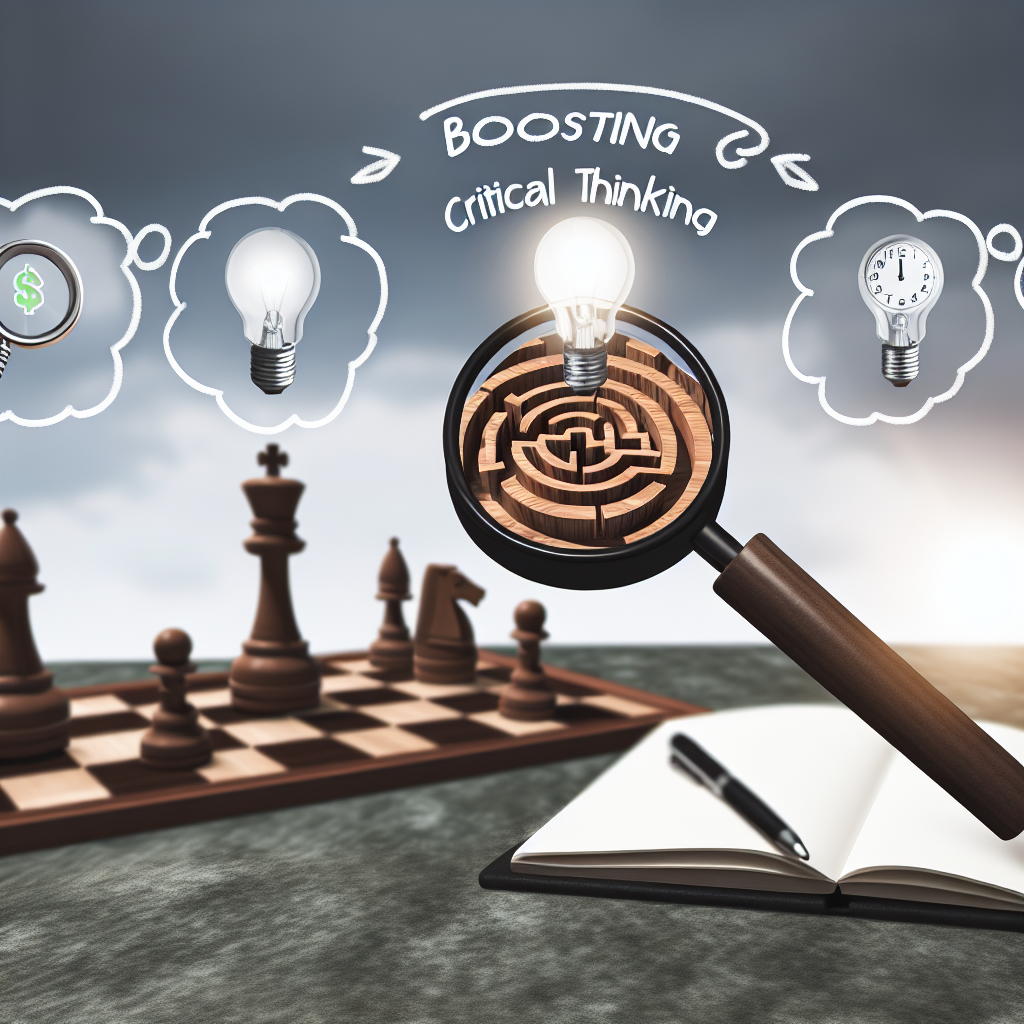Developing strong critical thinking skills is essential for navigating the complexities of today’s world. By enhancing your ability to analyze information, question assumptions, and make informed decisions, you can improve both personal and professional aspects of your life. In this article, inspired by Samantha Agoos, we’ll explore five practical tips to boost your critical thinking capabilities.
Cultivate a Curious and Questioning Mindset
One of the foundational steps to enhance your critical thinking is fostering curiosity. This involves *challenging assumptions* and asking *probing questions* about the information you encounter daily. When you approach situations with a questioning attitude, you activate your analytical skills and open yourself up to alternative perspectives.
**Tips to develop this mindset include:**
- Consistently asking *”Why?”*, *”How?”*, and *”What if?”* questions when faced with new information.
- Being open to *dissenting opinions* and viewing them as opportunities for growth.
- Engaging in diverse discussions to expose yourself to different viewpoints, which broadens your understanding and challenges your preconceptions.
By actively questioning facts and assumptions, you train your brain to think more deeply and detect biases or flaws in reasoning. This mental agility forms the bedrock of improved critical thinking.
Analyze and Reflect on Your Thought Processes
Beyond questioning external information, it’s crucial to develop *metacognition*—thinking about your own thinking. Reflecting on how you arrive at conclusions helps identify cognitive biases and patterns that may cloud judgment. For example, consider how emotional states or past experiences influence your decision-making.
**Strategies for effective analysis and reflection include:**
- Keeping a *thought journal* to track your reasoning over time.
- Practicing *mindfulness* to become aware of emotional responses and their impact on your cognition.
- Engaging in *debate* or *discussion* with others, which forces you to justify your viewpoints and consider counterarguments critically.
This introspection enhances your capacity to evaluate information objectively, leading to more rational and balanced decisions. As you become more aware of your thought patterns, you can correct biases and adapt your approach for better problem-solving.
Conclusion
In summary, strengthening your critical thinking involves nurturing curiosity, asking insightful questions, and analyzing your own reasoning processes. These interconnected steps enable you to evaluate information more thoroughly and make better-informed decisions. Continuously practicing these tips will help you develop a sharper, more effective critical thinking skill set, empowering you in both personal and professional life.
